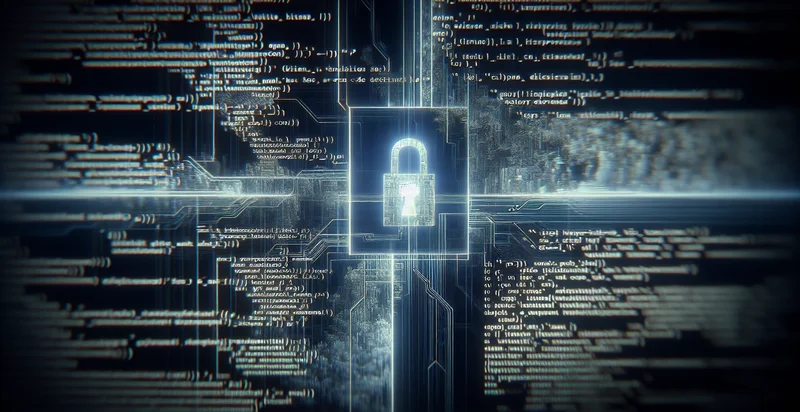Identify if ssh key is in revision history
using AI
Below is a free classifier to identify if ssh key is in revision history. Just input your text, and our AI will predict if the SSH key is present in the revision history - in just seconds.

Contact us for API access
Or, use Nyckel to build highly-accurate custom classifiers in just minutes. No PhD required.
Get started
import nyckel
credentials = nyckel.Credentials("YOUR_CLIENT_ID", "YOUR_CLIENT_SECRET")
nyckel.invoke("if-ssh-key-is-in-revision-history", "your_text_here", credentials)
fetch('https://www.nyckel.com/v1/functions/if-ssh-key-is-in-revision-history/invoke', {
method: 'POST',
headers: {
'Authorization': 'Bearer ' + 'YOUR_BEARER_TOKEN',
'Content-Type': 'application/json',
},
body: JSON.stringify(
{"data": "your_text_here"}
)
})
.then(response => response.json())
.then(data => console.log(data));
curl -X POST \
-H "Content-Type: application/json" \
-H "Authorization: Bearer YOUR_BEARER_TOKEN" \
-d '{"data": "your_text_here"}' \
https://www.nyckel.com/v1/functions/if-ssh-key-is-in-revision-history/invoke
How this classifier works
To start, input the text that you'd like analyzed. Our AI tool will then predict if the SSH key is present in the revision history.
This pretrained text model uses a Nyckel-created dataset and has 2 labels, including No Ssh Key and Ssh Key Found.
We'll also show a confidence score (the higher the number, the more confident the AI model is around if the SSH key is present in the revision history).
Whether you're just curious or building if ssh key is in revision history detection into your application, we hope our classifier proves helpful.
Related Classifiers
Need to identify if ssh key is in revision history at scale?
Get API or Zapier access to this classifier for free. It's perfect for:
- Security Audits: Organizations can utilize this function during periodic security audits to ensure that sensitive SSH keys are not inadvertently stored in source code repositories. This helps prevent potential security breaches by identifying unauthorized access points in the codebase.
- Compliance Reporting: Businesses that must adhere to strict regulatory standards can leverage this identifier to generate compliance reports. By ensuring that SSH keys are not found in revision history, organizations can demonstrate their commitment to data protection laws and regulations.
- Incident Response: In the event of a security incident involving compromised credentials, this function can be used to quickly assess whether SSH keys were mistakenly pushed to a public repository. Rapid identification allows teams to mitigate risks and take necessary actions to secure their systems.
- Code Review Process: Integrating this identifier into the code review process can help developers catch potential security oversights before they make it into production. This encourages a culture of security awareness and promotes best practices among development teams.
- DevOps Automation: Automating the checking of SSH keys in revision histories during continuous integration/continuous deployment (CI/CD) pipelines can enhance overall security posture. This integration allows for real-time alerts, preventing the deployment of code that may expose sensitive information.
- Training and Awareness: This function can be used as a teaching tool to educate developers and teams about the risks associated with mishandling SSH keys. By providing practical examples of what to avoid, organizations can improve security awareness within their workforce.
- Data Loss Prevention: By implementing this identifier as part of a larger data loss prevention (DLP) strategy, organizations can proactively scan for sensitive data exposure. Detecting SSH keys in revision history helps to prevent information leaks that could lead to unauthorized access and data breaches.


